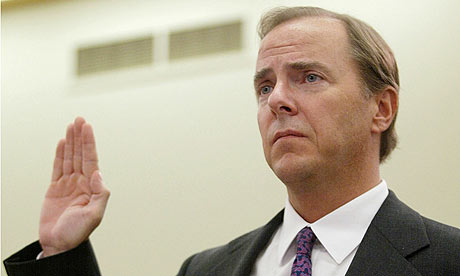
The motto of the accounting firm Arthur Andersen, “Think straight, talk straight.” , doesn’t sound as right anymore as it used to when Enron was just another prosperous enterprise. Years later, when Andersen found out that Enron’s financial situation was about to be made public, a memo was sent to the personnel which instructed them to destroy all audit material regarding Enron.
In 2002 Andersen was convicted of obstruction of justice although there is no exact rule on how long these documents should be hold on to and it couldn’t be proved that evidence was still being destroyed while Enron was under investigation, which is illegal. Andersen lost its Certified Public Accountant licence and was officially put out of business. Three years later the Supreme Court of the United States reversed the earlier conviction because of a communication mistake regarding the jury instructions. But the damage was already done and because Andersen’s reputation was severely damaged, nobody wanted its name on an audit and so it hasn’t returned as a viable business. I guess there is such a thing as bad publicity after all.
source: http://www.time.com/time/business/article/0,8599,193520,00.html














